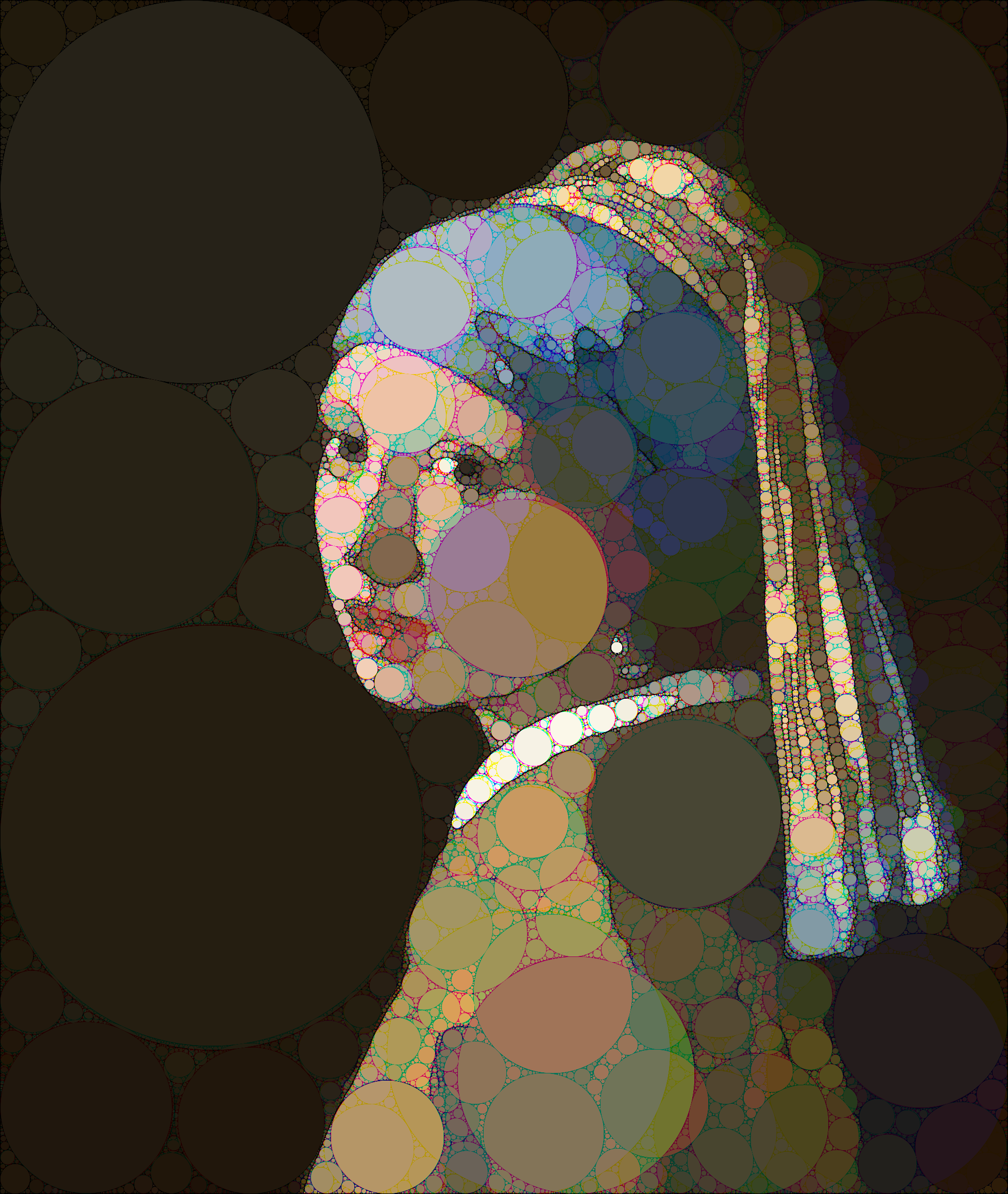matlab 😈 because I love figuring out how to vectorize code! I've used it for various art projects (see below) and it manipulates images beautifully. and the documentation and error messages are easy to follow.

matlab 😈 because I love figuring out how to vectorize code! I've used it for various art projects (see below) and it manipulates images beautifully. and the documentation and error messages are easy to follow.

Kotlin: compatible with Java, JS, Wasm, Swift and even C++, ability to share code across all those platforms, way less verbose than Java, lots of useful functions in the standard library... I still don't understand why some people are saying it's just Java but worse
Can't believe I scrolled all the way down and didn't find Scala. It's the only language with decent traction that beautifully and elegantly combines functional programming and object oriented programming. Scala makes it such that the language does not limit you into a certain paradigm. You can translate your algorithm in your mind into code regardless of how you thought of it. Incredibly flexible where you need it to be.
Very few people use Scala. I think it's used in some data transformation pipelines and that's it....
Oh my favorite is Crystal. It's a statically compiled dialect of ruby.
It supports:
As much as I love the expressiveness of crystal, there are a few cons:
Other than that, the type checking but with ruby-like syntax is awesome!
edit: fixed formatting
I like R because most everything is vectorized out of the box, and you can subset multiple ways. You can do stuff like
a = c(1,2,3,4)
a - 1 # 0,1,2,3
a < 3 # T,T,F,F
a + a # 2,4,6,8
a[a < 3] # 1,2
Also map (“apply” functions in R) is implemented very intuitively, and R discourages you from doing anything object oriented.
Also Shiny is so cool.
Brainfuck !
Not meant to do real things with it, it's more of a puzzle game, but a really brain hurting one
No one else said it… I like Java, and more than the language all the tools available around it. They have been adding to the language to cut down on the traditional verboseness, and it can even natively compile now** some of the time.
The tools are also great, with Springboot for web services and jOOQ for databases, you can very quickly have a web app with strong typed database objects.
Clojure. I not only get to use a functional language but also get to use all the libraries written for an actually popular language (Java, or JS for ClojureScript). Altough I'd choose something else if functional programming should ever catch on.
Currently Zig. It really is "better C", and i like C.
Otherwise it would be Erlang, but it does not suit what i want to do now.
Perl. I can use it after awhile away without having to look up how to do things. It adapts to the best style for what I need to do.
I try to stay language agnostic but if I'm honest JavaScript is my favorite because of the speed it provides. Also I like to build we based things so it's always in the stack
Scala. Multiparadigm. A touch of OO is nice in the functional world.
I haven't programmed anything for years and it was all self learned so I'll always have a soft spot for delphi.
I like typescript because it's all I've used for the last 3 years and I now think in it
I like TypeScript (and Python) like I like duct tape
It isnt the best solution, it's not the most elegant, but it's the quickest to implement and can be used basically wherever
FORTH, but not because I actually use it regularly. A stack-based zero-operand postfix language? Every routine/word you define is like solving a puzzle.
R. The Rstudio ide is awesome and the data wrangling packages are unmatched. It's also pretty fast as long as your dataset fits in your RAM.
HTML 4, cause I leaned it in 1998 when I was 10 and it's the only language I know (besides English) .
A loosely moderated place to ask open-ended questions
If your post meets the following criteria, it's welcome here!
Looking for support?
Looking for a community?
~Icon~ ~by~ ~@Double_A@discuss.tchncs.de~